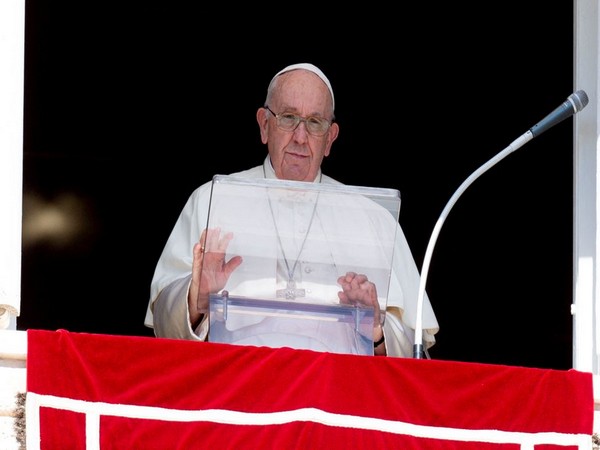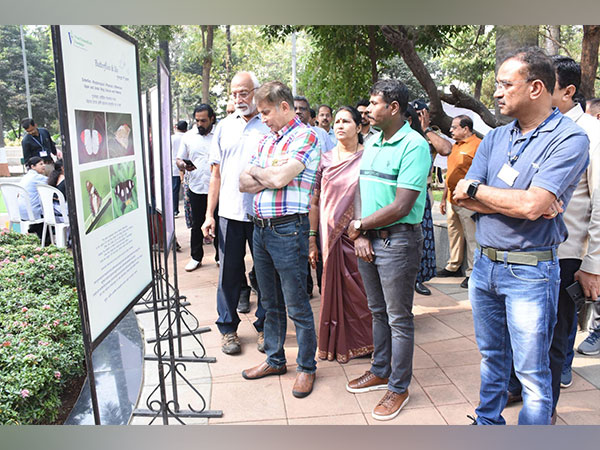
Pope sees 'hypocrisy' in those who criticise LGBT blessings
Feb 08, 2024
Vatican City, February 8: Pope Francis said he sees "hypocrisy" in criticism of his decision to allow priests to bless same-sex couples, possibly his most strongly worded defence of the move.
LGBT blessings were authorised last month by a Vatican document called Fiducia Supplicans (Supplicating Trust), but that has met with significant resistance in the Catholic Church, particularly from African bishops.
Credere released extracts of the interview on Wednesday, a day ahead of publication.
Francis also said he "always" welcomes LGBT people and remarried divorcees to the sacrament of confession, according to another passage published by Vatican media.
Francis, who famously said "Who am I to judge?" when asked about homosexuality at the beginning of his papacy, has made it one of his missions to make the Catholic Church more welcoming and less judgmental.
Conservatives say this risks undermining the Church's moral teachings.
Francis has defended Fiducia Supplicans on several occasions, but acknowledged the pushback against it, saying for example that priests should take into account local sensitivities when giving the blessings.
He also stressed that such blessings do not amount to formal Church approval for same-sex unions.
The Catholic Church teaches that gay sex is sinful and disordered, and that people with same-sex attractions, which are not considered sinful, should try to be chaste.
In another interview published last week by Italy's La Stampa daily, Francis said he hoped critics of LGBT blessings would eventually understand them, but that Africans were a "special case" in their opposition to homosexuality.
Bishops in Africa have effectively rejected the Fiducia Supplicans, saying it cannot be applied without causing scandal. The pope and the head of the Vatican's doctrinal department, Cardinal Victor Manuel Fernandez, have accepted that position.
In some African countries, homosexuality is severely punished, with prison sentences or even the death penalty.
Source: Fijian Broadcasting Cooperation






